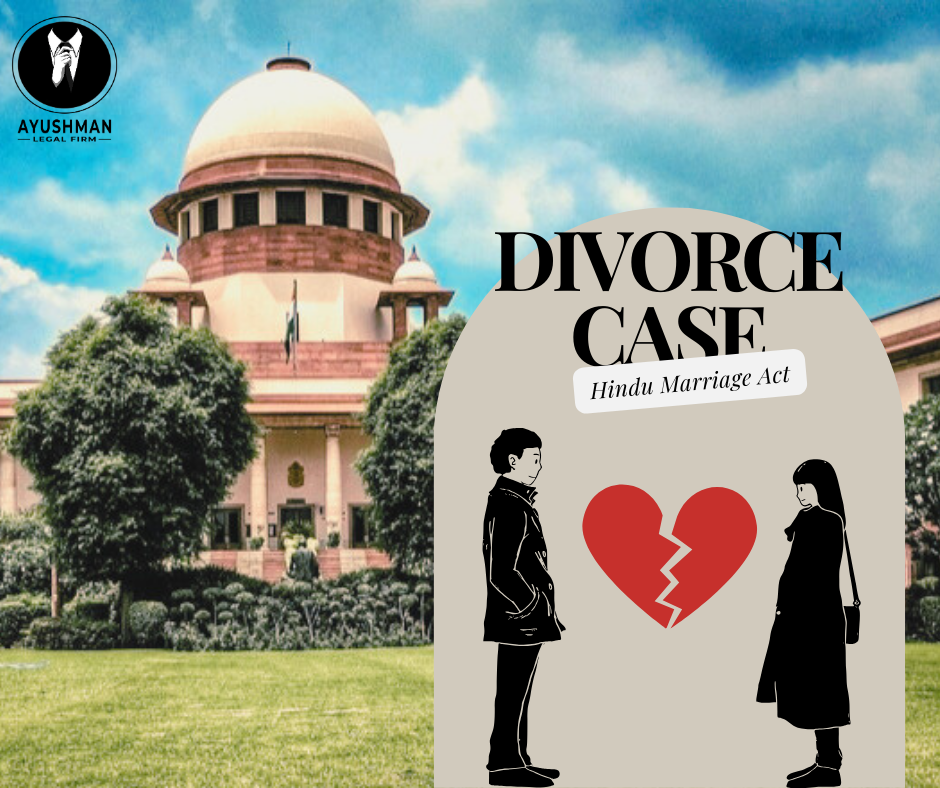Supreme Court Ruling: Grounds for Divorce Under Hindu Marriage Act**
The Supreme Court has clarified that a divorce petition can be filed if there has been no restitution of conjugal rights between the married parties for over a year after the decree for restitution of conjugal rights is passed.
Legal Grounds for Divorce: Section 13(1A)(ii) of the Hindu Marriage Act
Under Section 13(1A)(ii) of the Hindu Marriage Act 1955, a divorce petition is permissible on the grounds of non-restoration of conjugal rights for one year or more following the decree for restitution of conjugal rights. The Supreme Court emphasized this provision in a recent judgment.
Case Background: High Court Judgment and Appeal
The case involved a husband’s appeal against the High Court’s decision that annulled his divorce decree. The marriage, solemnized on March 25, 1999, encountered marital discord, prompting the husband to file for the restitution of conjugal rights on December 17, 2008.
Court Orders and Subsequent Developments
On May 15, 2013, the Court issued a decree for restitution of conjugal rights, instructing the wife to join her husband’s company within three months. However, the wife did not comply, leading the husband to file for divorce on August 23, 2013, citing cruelty and desertion.
High Court’s Decision and Supreme Court’s Intervention
In 2015, the High Court upheld the restitution decree by dismissing the wife’s appeal. Subsequently, the Family Court granted the husband’s divorce petition in 2016. However, the High Court overturned this decision in 2019, stating that the grounds for desertion were not substantiated.
Supreme Court’s Final Judgment
The Supreme Court examined the merits of the case after mediation attempts failed. Justices Abhay S. Oka and Ujjal Bhuyan, in their ruling, noted that the wife did not resume cohabitation from May 15, 2013, until the divorce petition was filed. The Court observed that there were no events preventing her from joining her husband’s company after the restitution decree was passed.
The Court concluded that the wife’s continued desertion from 2008 to the filing of the divorce petition in 2013 was without reasonable cause. Consequently, the Supreme Court held that the decree for divorce on the grounds of desertion under Section 13(1)(ib) should have been granted. The Court remarked on the complete breakdown of the marriage over the last 16 years.
Implications of the Supreme Court Ruling
This ruling underscores the legal provisions under the Hindu Marriage Act, reinforcing the grounds for divorce when conjugal rights are not restored for a significant period following a restitution decree. It also highlights the judiciary’s stance on prolonged marital discord and the importance of reasonable cause in cases of desertion.
In conclusion, the Supreme Court’s decision provides clarity on the grounds for divorce under the Hindu Marriage Act, ensuring that parties in a marriage are aware of their rights and the legal framework governing matrimonial disputes.

